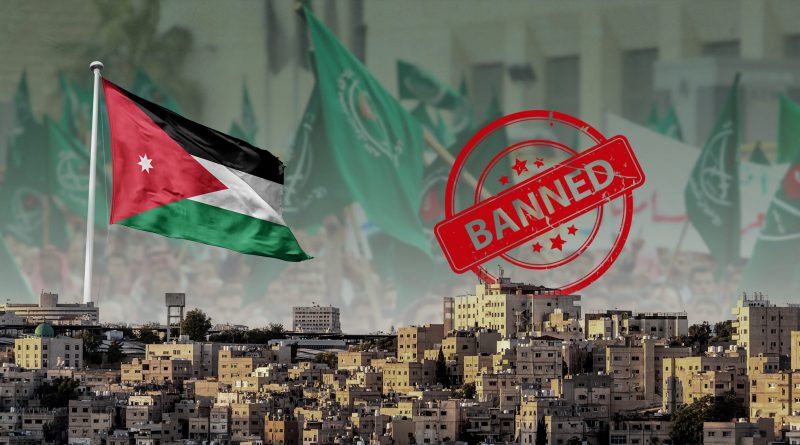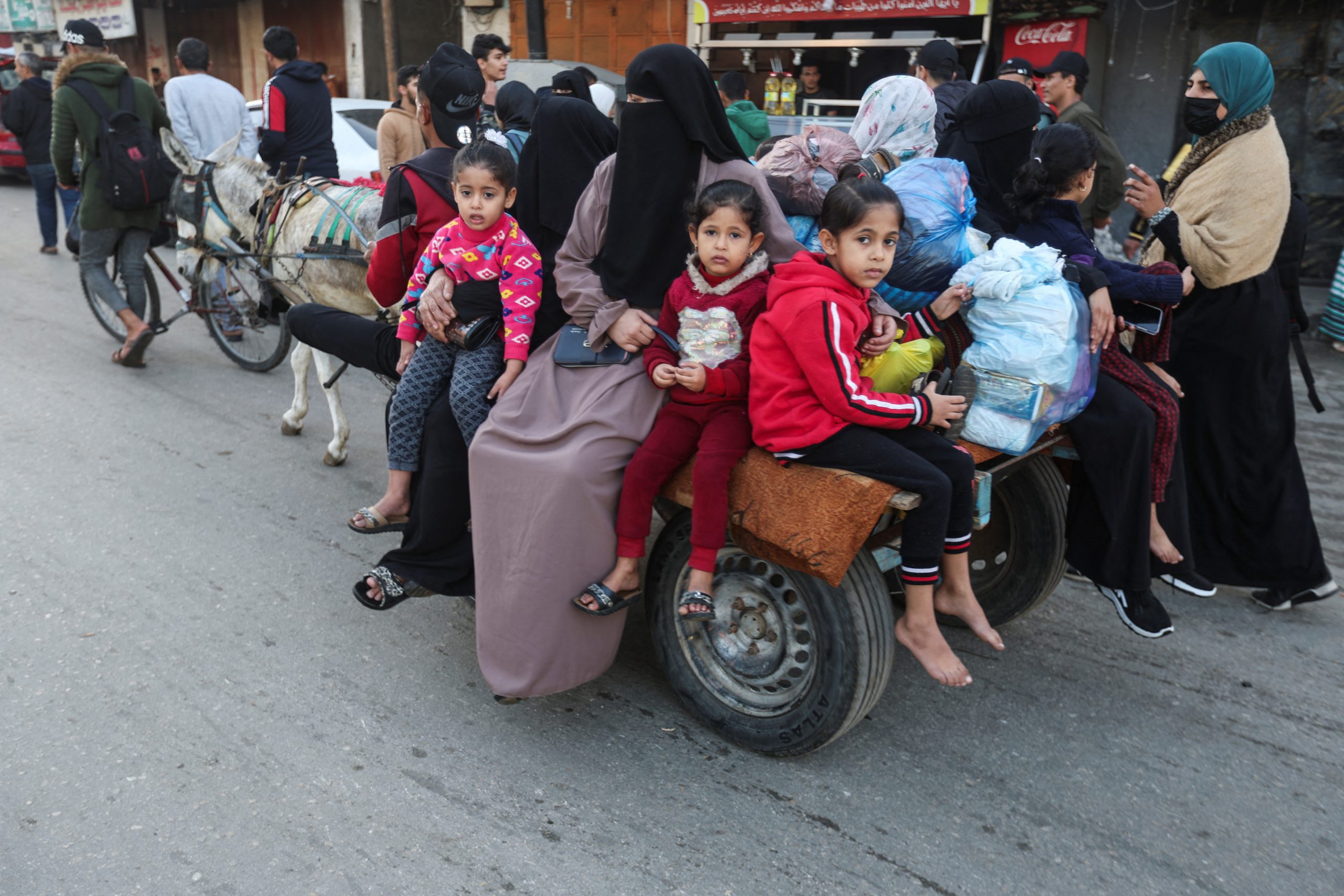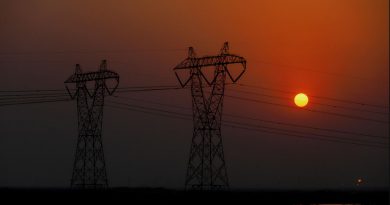Jordan Dissolves Muslim Brotherhood: What It Means for the Region
Many supporters may retreat underground, potentially leading to the radicalization of splinter factions if their political aspirations are completely suppressed.
Jordan’s political landscape witnessed a seismic shift this week as the government formally banned all activities of the dissolved Muslim Brotherhood, a move experts describe as a turning point in the kingdom’s modern history.
Interior Minister Mazen Al-Faraya announced the decision on Wednesday, shortly after the shocking revelation of a foiled plot involving the manufacture of rockets by individuals allegedly linked to the Brotherhood. The disclosure, which sent tremors through Jordan’s security establishment, has fundamentally reframed the national conversation around the role of political Islam within the state.
Arab News senior journalist Hani Hazaimeh captured the gravity of the moment, stating, “Jordan’s decision to formally ban all activities of the dissolved Muslim Brotherhood marks a watershed moment in the kingdom’s modern political history — a decision that could reverberate well beyond its borders.”
Brotherhood’s Complicated Legacy
Since Jordan’s establishment in 1946, the Muslim Brotherhood has been a paradoxical player in the country’s political life — both an ally and a source of friction for the Hashemite monarchy. Unlike in many neighboring countries where the Brotherhood was outlawed, Jordan allowed the group to operate relatively freely, believing it could serve as a moderating influence against leftist ideologies like communism and Arab nationalism.
Over decades, the Brotherhood grew deep roots in Jordanian society. They ran charitable organizations, contested parliamentary elections, and provided social services where the state often fell short. Their advocacy for Palestinian rights, particularly during crises like the ongoing Gaza war, further bolstered their popularity, especially among middle and lower-class Jordanians disillusioned by economic hardship and political stagnation.
However, as Hani Hazaimeh pointed out, the relationship between the Brotherhood and the state was always a delicate balancing act.
“What once served as a pressure valve for societal grievances has, in the eyes of the state, transformed into a potential vector for subversion,” he explained.
The discovery of a clandestine rocket manufacturing operation — allegedly orchestrated by the son of a senior Brotherhood figure — shattered the Brotherhood’s carefully cultivated image of peaceful activism. Despite the group’s leadership quickly disavowing any involvement and reaffirming their commitment to nonviolence, the damage to their credibility was severe and immediate.
A Sweeping Crackdown
The government’s response was swift and uncompromising. Authorities moved to shutter Brotherhood-affiliated offices, freeze financial assets, and prosecute individuals associated with the now-outlawed group. It was made clear that political entities perceived to harbor or inspire threats to national cohesion would no longer be tolerated.
Domestically, this crackdown has reignited a fierce debate. Supporters argue that national stability must come first, especially in a region plagued by insurgencies and ideological extremism. Critics, however, caution against conflating legitimate political dissent with criminal subversion.
For many Jordanians, particularly those who once saw the Brotherhood as a voice for the marginalized, the move is bittersweet. The Brotherhood’s female-led platforms, community initiatives, and calls for social justice once filled a void left by the country’s traditional political parties. Yet the exposure of violent plots irreversibly damaged the group’s moral standing, leaving many questioning whether it can ever reclaim its former legitimacy.
A Broader Geopolitical Signal
Beyond Jordan’s borders, the decision carries significant geopolitical implications. It signals a clear alignment with regional powers such as Egypt and the UAE, both of which have taken hardline stances against Islamist movements.
“Regionally, Jordan’s decision represents more than a domestic policy shift — it is a calculated geopolitical signal,” Hazaimeh emphasized.
At a time when the Middle East is gripped by instability — with the Gaza conflict escalating tensions and Iran-backed militias gaining ground in Syria, Iraq, and Lebanon — Jordan’s leadership is acutely aware of the risks of internal radicalization. The foiled rocket plot was not merely a domestic incident; it was seen as a direct challenge to the state’s monopoly on force and a potential harbinger of wider unrest.
Challenges Ahead
The path forward for Jordan is fraught with uncertainty. Simply outlawing the Brotherhood will not erase its ideological influence overnight. Many supporters may retreat underground, potentially leading to the radicalization of splinter factions if their political aspirations are completely suppressed.
The Jordanian government thus faces a delicate balancing act. It must safeguard national security while still allowing space for legitimate political expression. If all avenues for peaceful dissent are closed off, the risk of pushing frustrated citizens toward extremism only grows.
At the same time, this moment offers a rare opportunity. With the Brotherhood sidelined, there is room for new, reform-minded political movements to emerge — ones that advocate transparency, inclusivity, and genuine democratic engagement.
However, as Hazaimeh rightly cautions, true progress requires more than just removing one set of political actors and installing another.
“The end of the Brotherhood’s formal political role could open space for new, reform-minded movements that advocate transparency, inclusivity and constructive engagement. But such developments will only materialize if the state demonstrates a genuine commitment to democratic renewal, economic equity and responsive governance.”
Without addressing the deep-seated socioeconomic grievances that allowed the Brotherhood to flourish in the first place, Jordan risks repeating the cycle of political repression and radicalization.
A Defining Moment
In essence, Jordan’s decision to ban the Muslim Brotherhood is about more than just one organization. It reflects a broader recalibration of the kingdom’s political identity in an increasingly polarized region. It’s a bold statement about the kind of future Jordan wants — one rooted in stability, security, and closer alignment with regional powers that prioritize order over ideological diversity.
Yet, the ultimate success of this approach will depend on what comes next. Will Jordan open up new pathways for citizen engagement and reform, or will it double down on security-first governance at the expense of political freedoms?
As Hani Hazaimeh poignantly summed up, “Whether this move ushers in a new era of stability or sows the seeds of future discord will depend largely on what the government does next — not just in terms of repression or security, but in its ability to offer a compelling, inclusive vision for the nation’s future.”
Only time will tell whether this bold decision will mark the beginning of a new, more stable era for Jordan — or merely a temporary lull in the kingdom’s ongoing political evolution.



